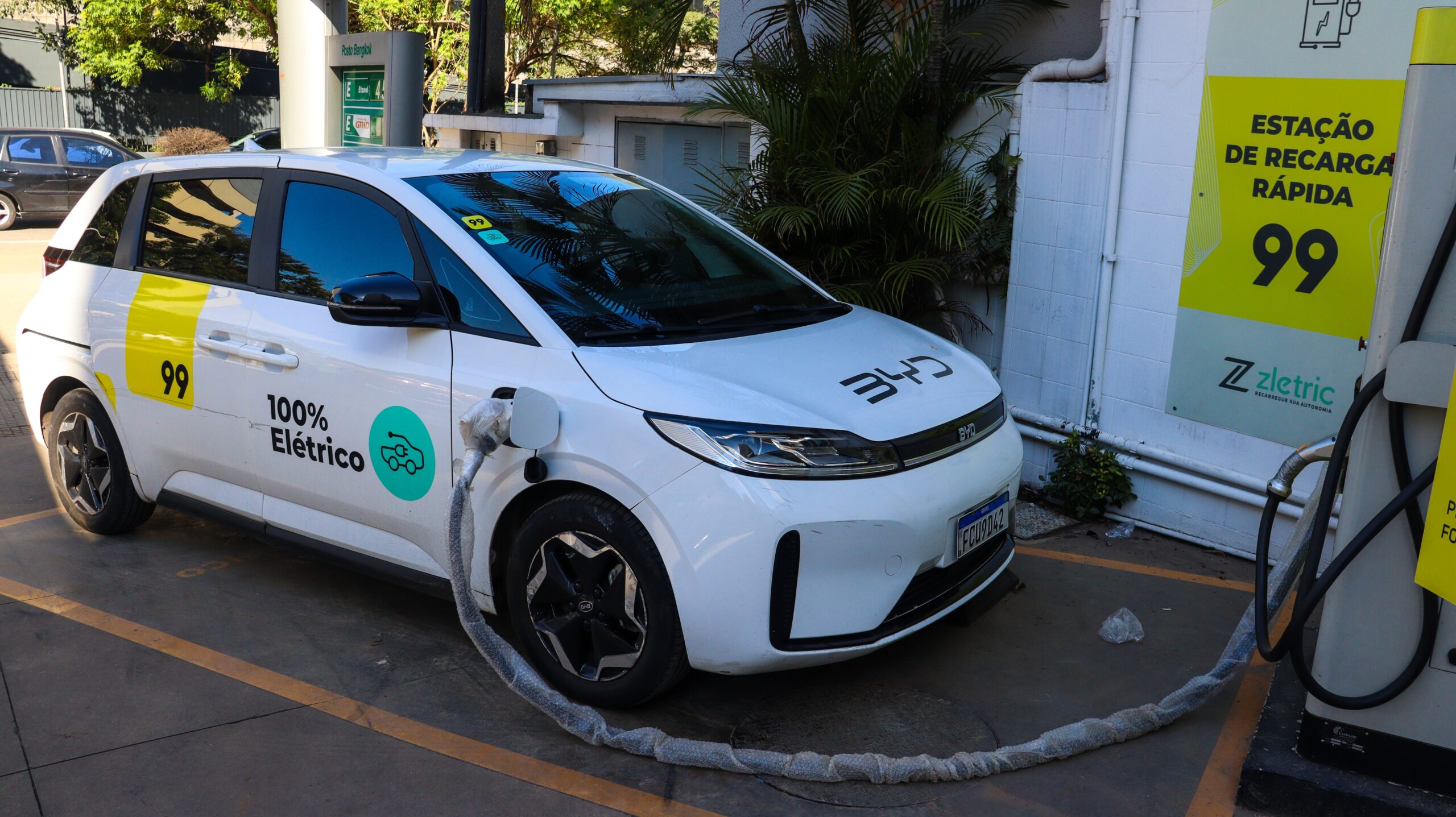This week in Australian foreign affairs: Minister Conroy travels to United States for AUKUS discussions and defence industry engagement; Australia and US sign Joint Statement of Intent on guided weapons co-production; ASD Annual Cyber Threat Report reveals persistent cyber threats to individuals and businesses and more.
On 11 October, Minister for Defence Industry and Pacific Island Affairs Pat Conroy announced his travel to the United States to meet senior officials from the Trump Administration, members of Congress, and key defence industry leaders. In Washington DC, Minister Conroy participated in an AUKUS defence industry update, engaging with US counterparts and military decision-makers. He emphasized that “AUKUS stands as our most significant example of industrial cooperation” and plays a critical role in enhancing capability and contributing to stability and security across the Indo-Pacific. Minister Conroy also attended the Association of the United States Army Annual Meeting & Exposition, North America’s premier defence land power event and a crucial forum for promoting Australia’s defence industry. The Minister highlighted that the Albanese Government and Trump Administration share a steadfast commitment to advancing defence industry cooperation, working with industry partners to deliver capability decisively and efficiently.
On 13 October, the Albanese Government announced it is nearly tripling its investment in HIV services in Papua New Guinea, following the PNG Government’s declaration of a HIV emergency in June this year. Foreign Minister Penny Wong, Minister for Pacific Island Affairs Pat Conroy, and Assistant Minister for Pacific Island Affairs Nita Green announced that Australia is increasing its annual HIV development funding to almost $10 million this financial year to safeguard the Papua New Guinean population. Working in partnership with the PNG Government, churches, the private sector and others, Australia’s increased support will focus on preventing transmission by increasing awareness and testing, strengthening surveillance, and supporting expanded access to prevention measures. Minister Wong stated that “as HIV rates in the Pacific continue to rise, we recognise the increasing importance of working together to safeguard our region.” The announcement was made during Assistant Minister Green’s visit to the St Therese HIV clinic to mark the completion of its recent renovation. Australia is investing in the renovation of three HIV clinics in Port Moresby to ensure safer, more dignified spaces for people to receive counselling and care.
On 14 October, Australia and the United States signed a Joint Statement of Intent and opened a new joint office to enhance bilateral cooperation on guided weapons co-production. Minister for Defence Industry Pat Conroy signed the statement with the United States Department of War and Lockheed Martin Corporation in Washington DC, marking a significant milestone in Australia’s efforts to build a sovereign Guided Weapons and Explosive Ordnance Enterprise. The initiatives are underpinned by the Albanese Government’s investment of up to $21 billion over the decade, which will boost industrial capacity and support thousands of jobs in Australia’s defence industry. The Joint Statement of Intent paves the way for co-development and production of critical long-range fires, beginning with variants across the Guided Multiple Launch Rocket System family of munitions and Precision Strike Missiles. Australia and the United States also opened a joint office in Huntsville, Alabama, which will serve as the central hub for coordination on the acquisition and development of the PrSM capability. Minister Conroy stated that “this Statement of Intent reaffirms the strength of our longstanding alliance with the United States and our mutual interest in contributing to regional and international security.”
On 14 October, Deputy Prime Minister and Minister for Defence Richard Marles and Minister for Home Affairs and Cyber Security Tony Burke released the Australian Signals Directorate’s Annual Cyber Threat Report for 2024-25, highlighting the persistent threat of malicious cyber activity to the nation. The report reveals that ASD answered over 42,500 calls to the Australian Cyber Security Hotline, equating to around 116 calls per day, and responded to more than 1,200 cyber security incidents, an 11 per cent increase from 2023-24. ASD received over 84,700 cybercrime reports, an average of one report every six minutes. The average self-reported cost of cybercrime per report for small business rose by 14 per cent to $56,600, while the cost to individuals rose 8 per cent to $33,000. Deputy Prime Minister Marles stated that the report “sharply illustrates that the nation faces an increasingly challenging threat landscape where cyber-enabled espionage and crime are not a hypothetical risk, but a real and increasing danger to the essential services we all rely on.” Minister Burke emphasized that “most cyber incidents are preventable, and basic defensive measures make a huge difference,” urging Australians to install software updates, use unique passphrases, and enable multifactor authentication.
On 14 October, Foreign Minister Penny Wong and Minister for International Development Anne Aly announced that Australia is providing up to $3 million in humanitarian assistance to Vietnam following Typhoons Bualoi and Matmo. The consecutive typhoons led to widespread destruction and flooding across northern and central Vietnam, with at least 69 people reported dead. Australia’s support will include emergency relief supplies such as kitchen kits, hygiene kits and shelter tool kits, and will mobilise the Australian Humanitarian Partnership to enable Australian non-government organisations to deliver lifesaving assistance. Minister Wong stated that “we know the path to recovery will take some time and as longstanding friends and partners, Australia stands with Vietnam in its time of need,” noting that Australia will continue to work with Vietnam on immediate relief efforts and building disaster resilience.
On 15 October, Assistant Minister for Defence Peter Khalil travelled to the Kingdom of Tonga to represent the Australian Government at the commissioning ceremony for His Majesty’s Armed Forces’ new landing craft, VOEA Late, at the Masefield Naval Base. Delivered under the Albanese Government’s Pacific Maritime Security Program, VOEA Late will strengthen Tonga’s ability to deliver humanitarian assistance and disaster relief during times of need, as well as its ability to deter, detect and disrupt illegal maritime activities across the region. His Majesty King Tupou VI formally commissioned the vessel, with His Royal Highness the Crown Prince Tupouto’a ‘Ulukalala, Minister for Foreign Affairs and Minister for His Majesty’s Armed Forces, also attending the ceremony. Australia will continue to support the Tongan Royal Navy via a through-life maintenance and sustainment package, along with training for crew members to ensure the vessel’s operational readiness. Assistant Minister Khalil stated that “our Pacific Maritime Security Program is a 30-year commitment to invest in maritime security partnerships throughout the Pacific and reinforce Australia’s role as the security partner of choice for our Pacific neighbours.”
Emily Mosley is the Projects and Publications Manager for the AIIA National Office.
This article is published under a Creative Commons License and may be republished with attribution.





